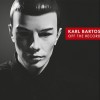 Karl Bartos: legendary percussionist of the classic era Kraftwerk, and all round good egg. The man whose biography gave us a glimpse into the closed world of the Man Machines who were more secretive than an occult order. While Kraftwerk (with their one remaining original member) are making an exhibition of themselves at various locations around the world and in effect becoming their own tribute act, the time was ripe for a new album from one of its former members. Whilst Ralph Hütter has remained practically musically redundant for ten years it seems that Bartos has been busy on a number of different projects. However, for a change he’s decided to revisit his past (sort of) by using his archive of music and revamping older unreleased pieces into something new. And being a Kraftwerk fan since the late ’70s its all rather exciting to hear.
Karl Bartos: legendary percussionist of the classic era Kraftwerk, and all round good egg. The man whose biography gave us a glimpse into the closed world of the Man Machines who were more secretive than an occult order. While Kraftwerk (with their one remaining original member) are making an exhibition of themselves at various locations around the world and in effect becoming their own tribute act, the time was ripe for a new album from one of its former members. Whilst Ralph Hütter has remained practically musically redundant for ten years it seems that Bartos has been busy on a number of different projects. However, for a change he’s decided to revisit his past (sort of) by using his archive of music and revamping older unreleased pieces into something new. And being a Kraftwerk fan since the late ’70s its all rather exciting to hear.
“The Binary Code” is a minute and a half of robotic sequencers that sound like they were programmed by Stockhausen which keeps us firmly rooted in the future. “Musica Ex Machina” takes us back to the big driving rhythms that Bartos is famous for and the return of the robot voice; this is modern dance music that borrows elements of the past. This is no mere retro piece but something new and vital. Again the synths are lush but its end section of pure rhythm is fantastic, and is more than a passing nod to “Numbers.” This is music for the machine age an endless factory of pulsating beats. “The Tuning of the World” brings the pace back down with its gentle lilting keyboard lines. Here we begin to touch on a path trod by Brian Eno on Another Day on Earth. Its lyrics are introspective and this plays out well within the tune’s main melody. “Instant Bayreuth” opens with deep space chords and a big synth riff; slowly the drum pattern comes in and drifts lazily through this instrumental which reminded me of some of Klaus Schulze’s later works. Here we are given the impression of looking out over a vast ocean as the keyboard notes roll like waves.
A samba drum beat introduces “Vox Humana.” Then a voice comes in and electronic wibbles happen all around. Sampled voices come in and the track hints at elements of techno but aligns itself with more avant-garde electronica. “Rhythmus” is ,well, fantastic, taking its Planet Patrol-style beat, while ghostly choirs hang underneath and “Computer World”-sounding synths push the track forward. Again the robot voices reappear this time mixing with Bartos’s voice. Some of the keyboard sounds venture into Exit-era Tangerine Dream territory, but this adds to the track’s heady mixture of styles. “Silence” is just that, a whole six seconds of silence. “Hausmusik” has a bopping pop rhythm and a hummable keyboard line that is almost infectious. The lyric repeats the title every now and then but it’s the catchy tune that steals the show in this song and makes an uplifting closing track for the album.What Bartos has created here is an album that not only gazes back at his own past but also takes a leap into its future. Some of the songs are pure pop, something that Kraftwerk also traded on at times. But the main element here is the driving rhythms that have haunted innumerable records since the late ’70s, that and of course the goose bumps of the robot voice. This is not pure sci-fi electronic music; it is more like an orbiting satellite with part of it drawn to the Earth of men and another with its eye on the cosmos.
-Gary Parsons-
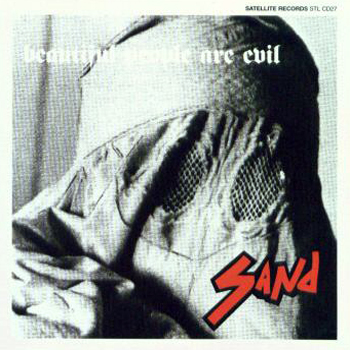
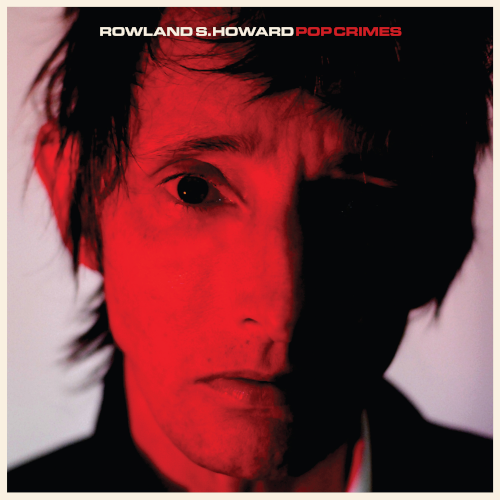
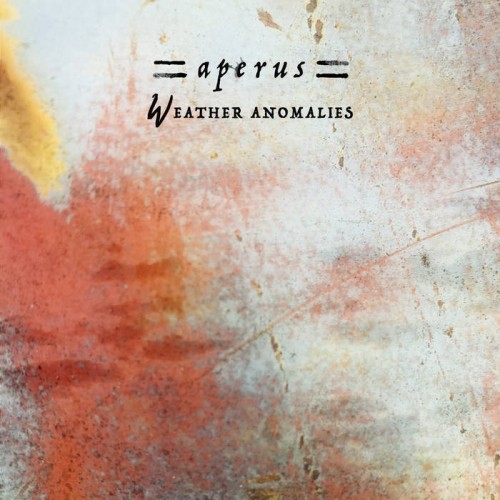
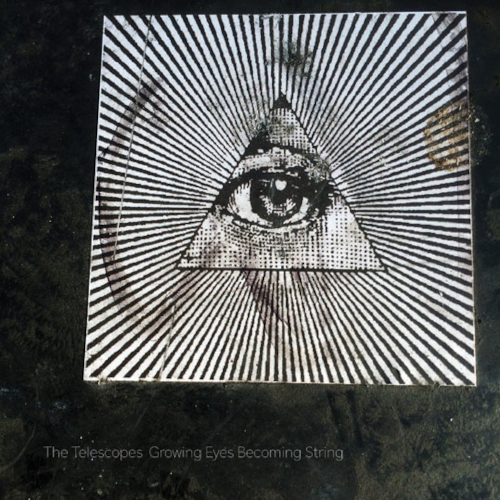
One thought on “Karl Bartos – Off The Record”
“Big powerful rhythms and that robot voice; well, I’m almost in heaven. This is how the last Kraftwerk album… http://t.co/mXMSCG50AD